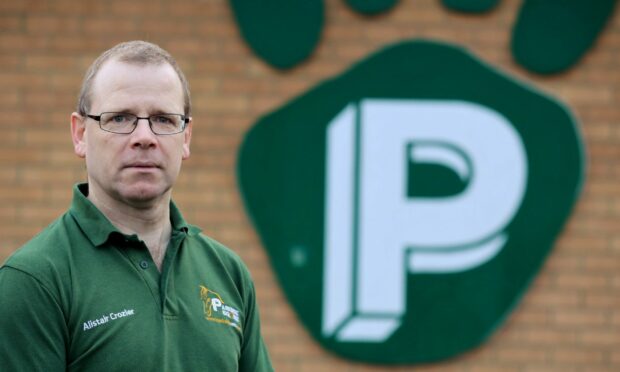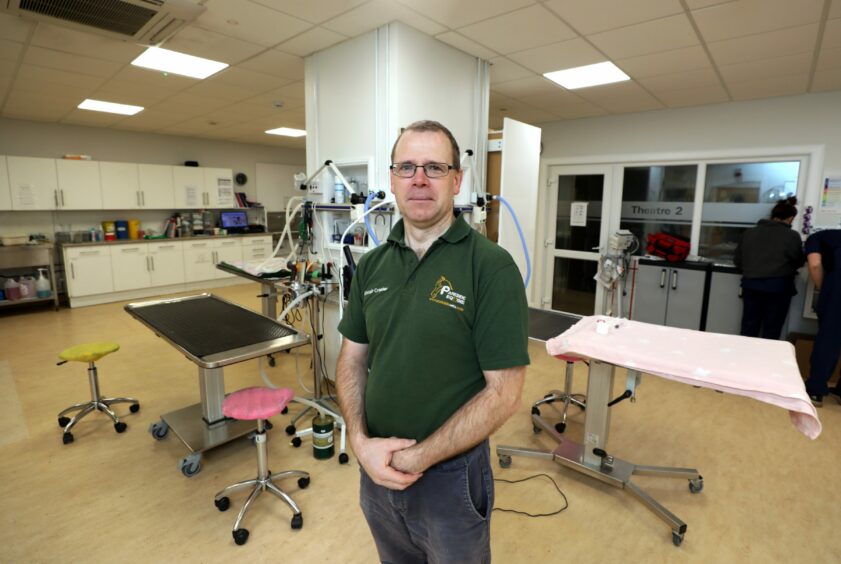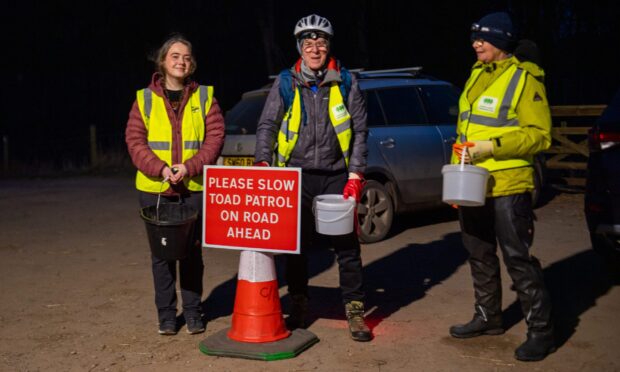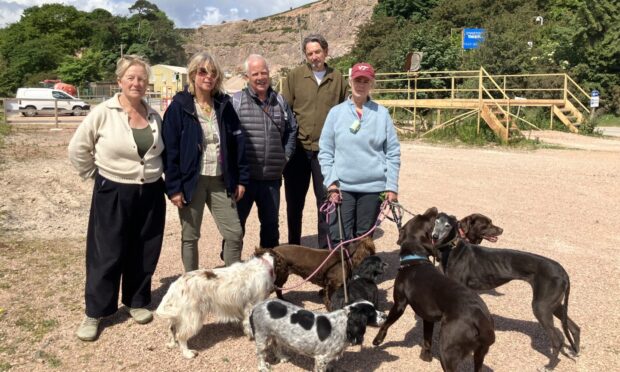From fears of no turkeys or eggs this Christmas to talk of a potential deadly human pandemic, there are no shortage of headlines about bird flu.
But how worried should we be?
Alistair Crozier is director at Parkside Veterinary Group, which has premises in Dundee and Arbroath.
We asked Alistair to talk about the reality of bird flu for frontline vets and poultry farmers.
‘No local cases’
Earlier this year, “unprecedented numbers” of dead seabirds were discovered on Tayside, Angus and Fife beaches.
But so far local commercial poultry flocks have been spared.
That said, there have been outbreaks not too far away, in Aberdeenshire.
“There have been a lot more confirmed cases in England than there have been in Scotland,” says Alistair.
“At the moment, we haven’t seen any locally.”
The precarious situation facing all birds – wild and farmed – led to the whole of the UK being declared an Avian Influenza Prevention Zone (AIPZ) in October.
This means anyone with captive birds must take biosecurity measures to prevent the spread of the disease.
In England, the additional measure that all captive birds must be kept indoors was introduced on November 7.
Avian, or bird, flu is a notifiable disease, and any suspected cases must be reported to the Animal and Plant Health Agency (Apha).
What about my Christmas turkey?
Poultry farmers south of the border have described the current bird flu outbreak as “terrifying”.
The highly infectious and pathogenic strain of H5H1 flu has killed an estimated 3.8 million birds in the UK.
In Scotland, there have been bird culls at farms in Aberdeenshire, Orkney and East Ayrshire.
The situation in England is much worse.
But there is no room for complacency.
Local producers may have escaped avian flu so far but some have decided to move their turkeys indoors as a precaution.
Culls of poultry flocks have also affected the supply of eggs south of the border.
“The egg shortage is literally because of the lack of birds,” says Alistair.
“Because it is notifiable, if you have it in your flock then the flock is slaughtered.
“It’s a government rule. There’s nothing you can do about that as a flock owner.
“Especially in England, with the number of flocks being slaughtered there, the worry is we won’t have as many eggs coming into the supply chain.”













Conversation